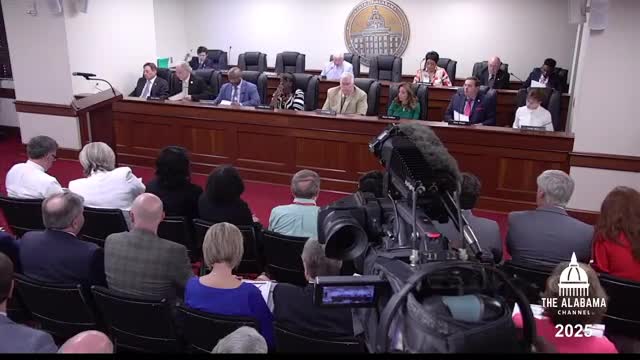Article not found
This article is no longer available. But don't worry—we've gathered other articles that discuss the same topic.
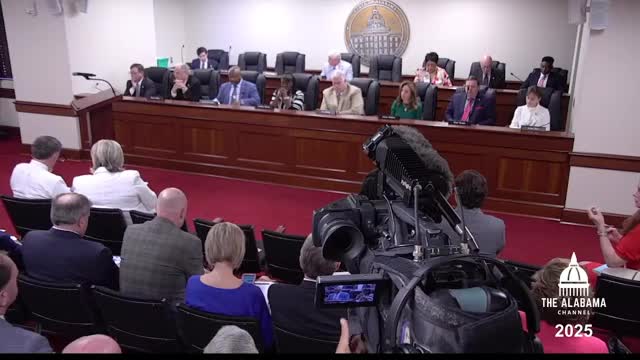
House Education Policy panel adopts substitute for bill allowing out-of-class religious study with parental consent
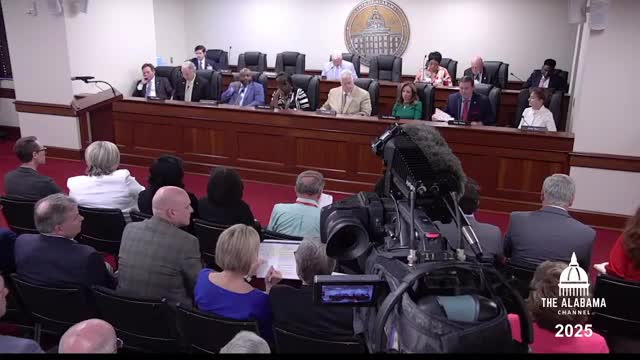
Committee approves changes to University of South Alabama board selection, notice and meeting timing
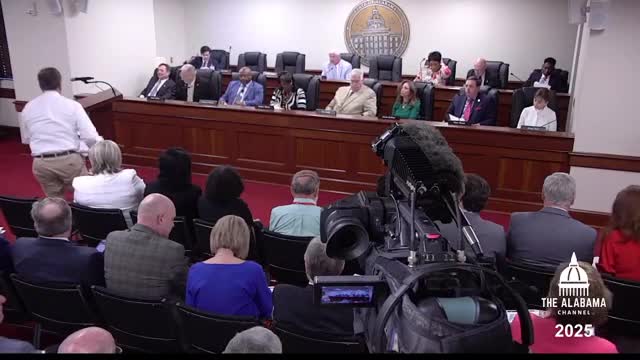
Committee approves amendments and gives favorable report to bill allowing some 11th–12th graders to begin college coursework
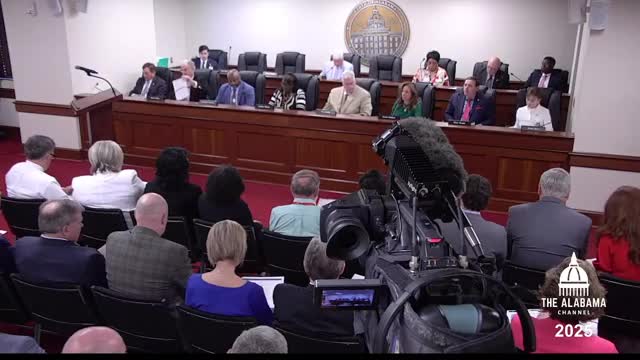
Committee gives favorable report to companion bill to Focus Act requiring school boards to adopt student cellphone policies
